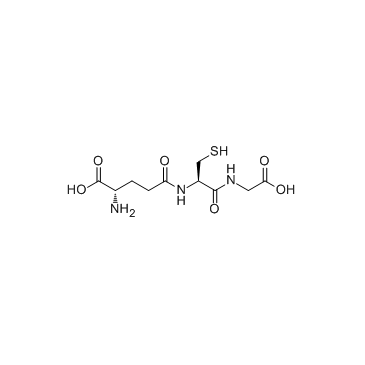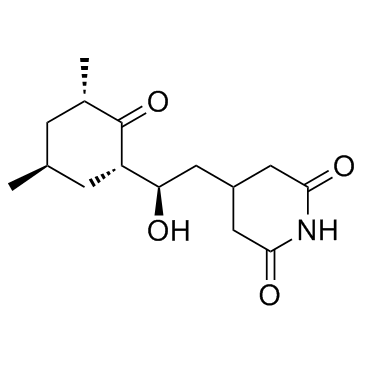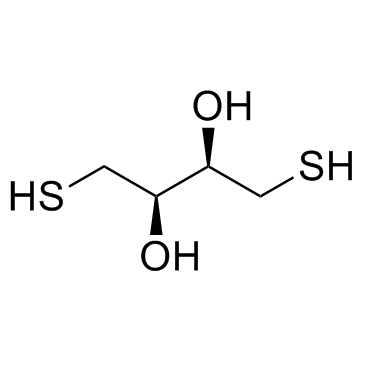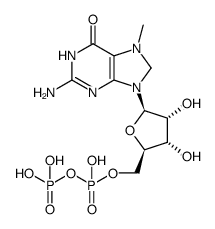| Structure | Name/CAS No. | Articles |
|---|---|---|
 |
potassium chloride
CAS:7447-40-7 |
|
 |
Glutathione
CAS:70-18-8 |
|
 |
Cycloheximide
CAS:66-81-9 |
|
 |
DL-Dithiothreitol
CAS:3483-12-3 |
|
 |
7-Methylguanosine 5'-diphosphate sodium
CAS:104809-16-7 |